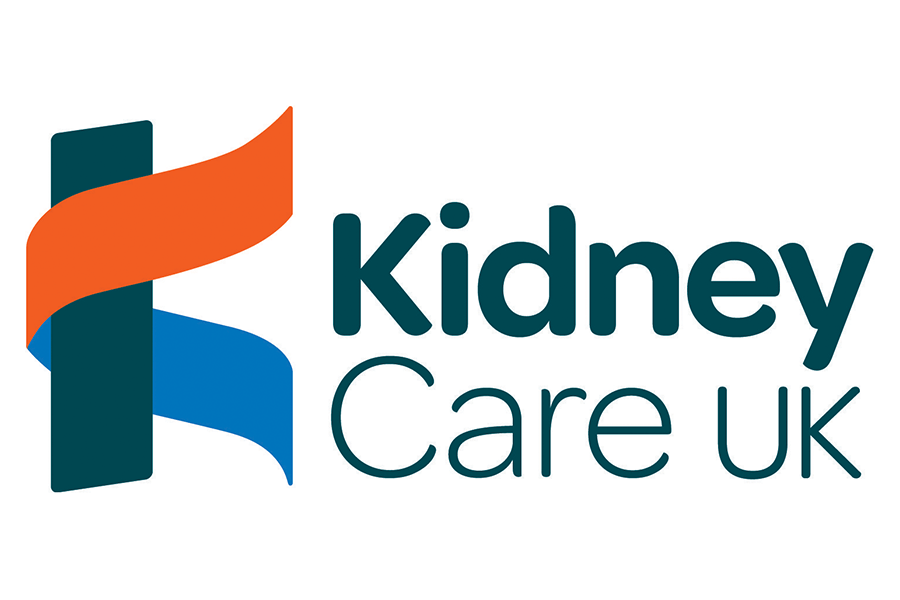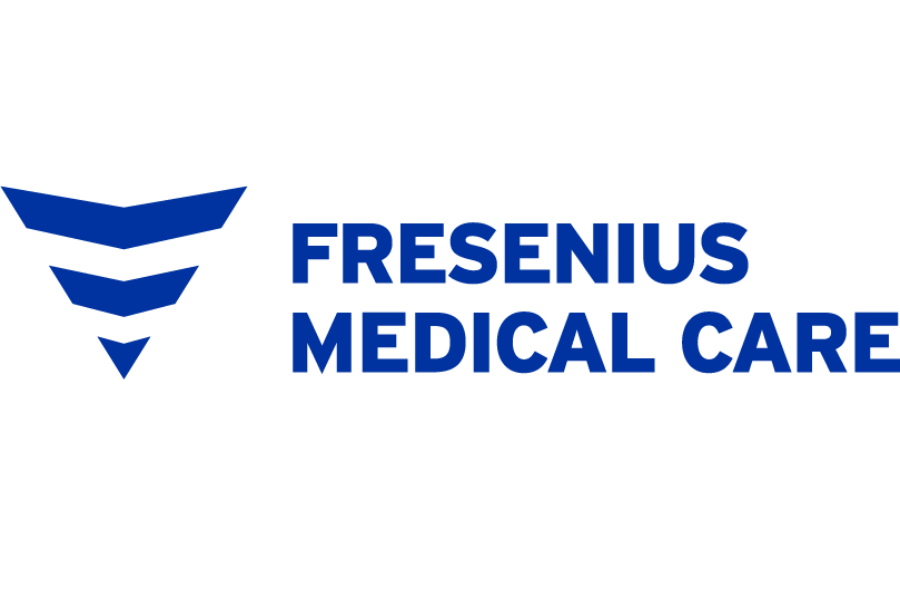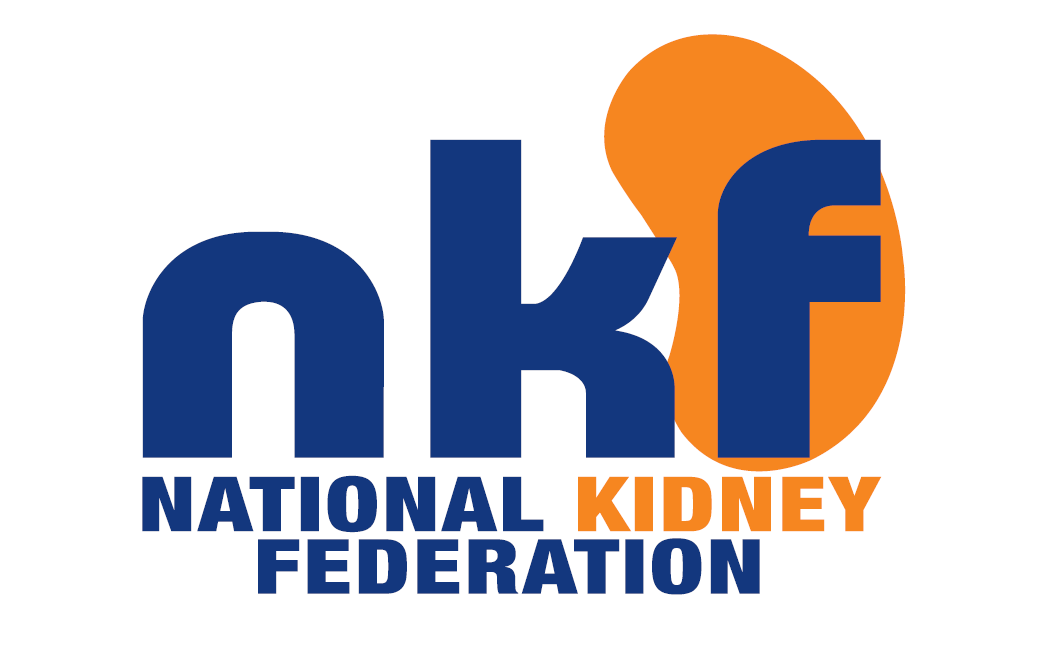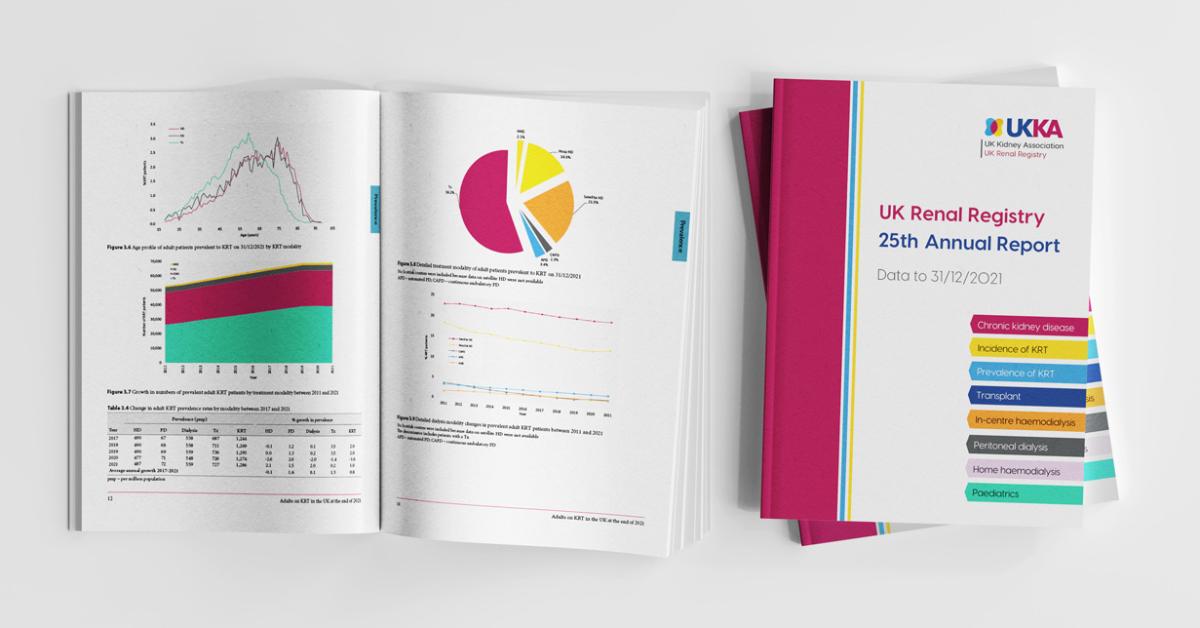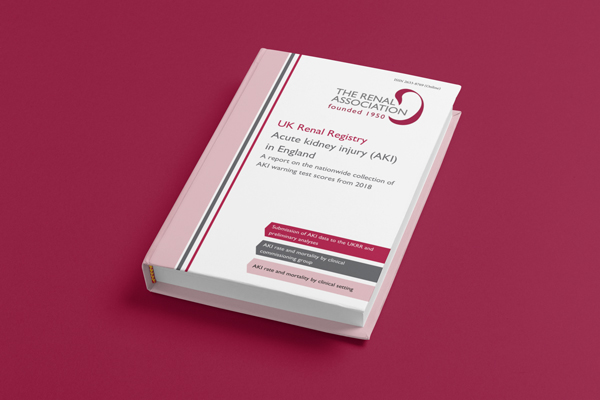e-referrals for transplant work-up
The South London Transplant First KQuIP project
Describe the “before” situation
Prior to e-referrals we operated a system where by letters or emails would be sent to the transplant coordinator (or in the event of a nurse/junior doctor making the referral, the patients consultant. Once done the transplant team would commence work up.
Clinicians could also copy clinic letters to the same as a way of generating a referral. This would be recorded on our specific renal database (although required a person to action).
For living donors there is no e-referral in place, this requires our patients to self-present to the donor coordinator.
Describe the impact on the patients
Uncertainty about who was in the transplant pathway or when they started the transplant pathway specifically.
It may have led to delays in the referral coming through. The nature of E-referrals is they are quick and easy to complete via or EPR portal, easier and faster than relying on letters to be copied, sent or read.
What did you do?
The e-referral form was completed via our EPR system. This involved contacting the EPR team and generating an order, much like any sample or scan. This generates an automatic email which is circulated the specified people. In this specific case the transplant work-up team (coordinators and admin). From here appointments in transplant coordinators clinic and basic investigations can be ordered.
What is the current situation?
An EPR order generates an email which is sent to the transplant coordinators. From there the patient will have all their basic work up ordered and an appointment to see a coordinator is made. When the patient attends clinic they are presented with dates for all their investigations in an attempt to give a timeline for the patients work up. Assuming all investigations are attended.
Post-COVID-19 – any impact?
Not on e-referrals specifically, although it has led to a delay in accessing all resources from appointments-> scans. For example, an appointment with the transplant coordinator which was two weeks is now six as a result of the backlog. Increase rate of new referrals alongside COVID numbers.


